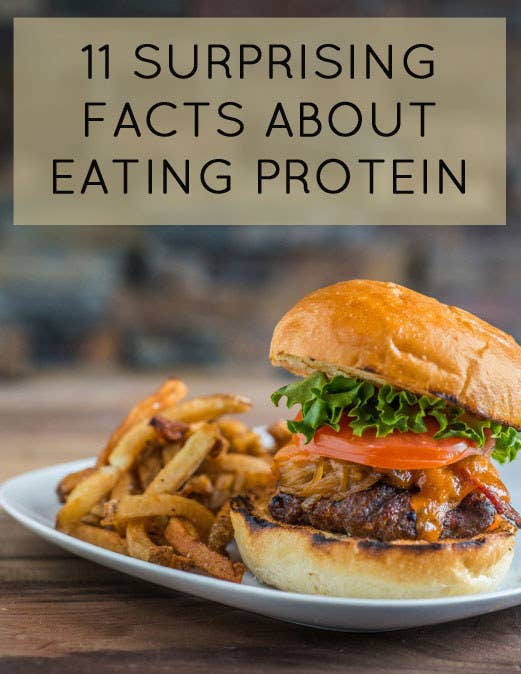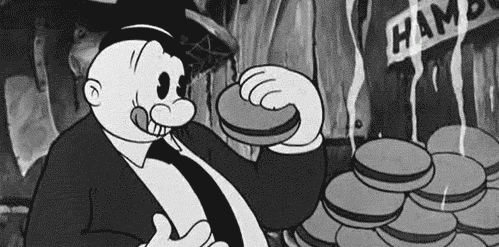
1. Good news: You're probably already getting more than enough protein!
2. And yes, this is true for most vegetarians and vegans — if they're eating whole foods.
3. Athletes need more protein than the rest of us, but how much varies from person to person.
4. You can get all the protein you need from plant-based foods.

Proteins are made up of amino acids, and our bodies can produce 11 of the 20 amino acids we need all by themselves. The other nine are known as "essential" amino acids, because we need to get them from our diets. Foods that contain all nine of these acids are referred to as "complete proteins."
Animal-based foods, like beef, poultry, eggs, and cheese, are considered complete proteins. But so are some plant-based foods like quinoa, soy, buckwheat, and chia seeds. And certain combinations of vegetarian foods (rice and beans, peanut butter and whole wheat bread) can also give you your full helping of amino acids.
5. You don't need to get all of your amino acids from a single food, or even a single meal.
6. Some sources of protein may surprise you.
7. Plant-based proteins come with fiber, vitamins, and antioxidants you won't find in animal-based proteins.
8. Eating a variety of foods also limits your exposure to contaminants.
9. Protein bars and shakes can be a good snack or between-meal supplement, but choose carefully.
10. Eating tons of protein probably won't help you build tons of muscle.

There isn't a clear consensus about how much protein our bodies can use in a specific amount of time, but downing a lot at once isn't likely to help you build muscle.
"Because the body can utilize only about 20 to 25 grams of protein at one dose, you won't build bigger muscles by eating a slab of beef for dinner or by downing a hefty protein shake for breakfast," writes sports nutritionist and author Nancy Clark.
In addition, nutritionist Monica Reinagel points out in a broadcast for Scientific American that building muscle is only one way our bodies utilize protein, so consuming too much can backfire. "Protein, beyond what your body needs to replenish its amino acid pool or put to use for muscle building, is metabolized into glucose and used for energy," she writes. "And whenever you have more glucose than you need, the surplus is stored as fat."
